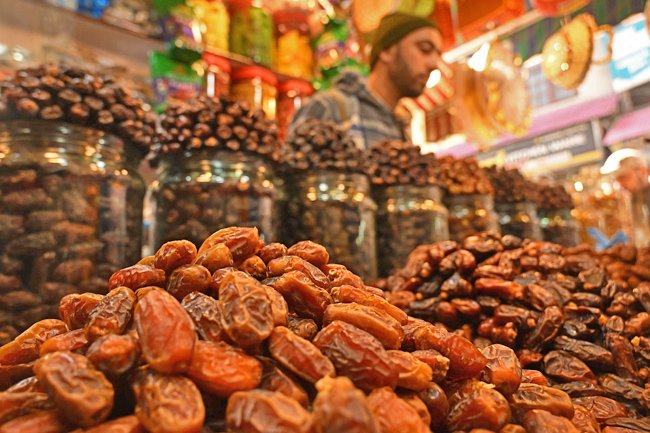The Fasting Experience: A Test of Temperance and Patience
Fasting is not only a religious practice but also a unique experience of restraint and patience. I am a Hindu, and I have to fast for certain pujas. Although I have never fasted continuously, I have had the experience of fasting for a day, and I found it quite instructive.
The first few hours of the fast feel pretty tough—hunger, weakness, and discomfort take over. But after some time the body starts adapting to it, and the mind also gradually becomes stronger. I realize that the real challenge of fasting is not just not eating, but sticking to the rules of moderation. It teaches patience, teaches self-control and makes us more aware of our eating habits.

It is important to follow certain rules while breaking the fast. Eating heavy or oily food suddenly after a long period of fasting can cause various problems in the body, such as acidity, stomach problems, or physical discomfort. So we usually take clean water, fruits or light rice meal first to break the fast. Try to avoid extra spicy or spicy food, so that the body can gradually adapt to normal food.
In our Asian culture there is a special focus on eating healthy foods when breaking the fast. After taking light food first, we gradually start eating other foods. I like it best when breaking the fast when we start with easy-to-digest vegetables or fruits, which energize the body and help relieve fatigue. Beet curry in particular provides natural energy to our body, which is very useful after long fasting.
Fasting may be a little difficult for the first time, but gradually it becomes beneficial for the body. Fasting is not just a religious practice, it is a means to rest and rejuvenate the body and mind. I believe that fasting in the right way not only brings spiritual peace, but also increases our physical and mental store